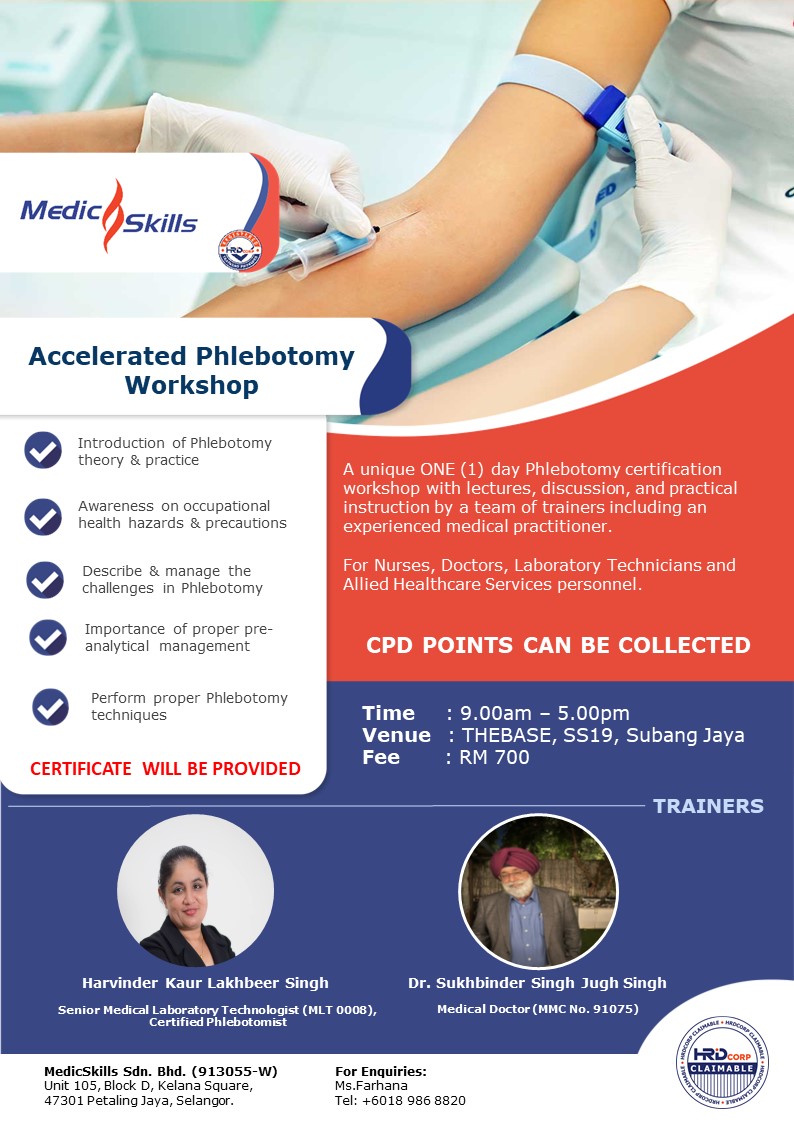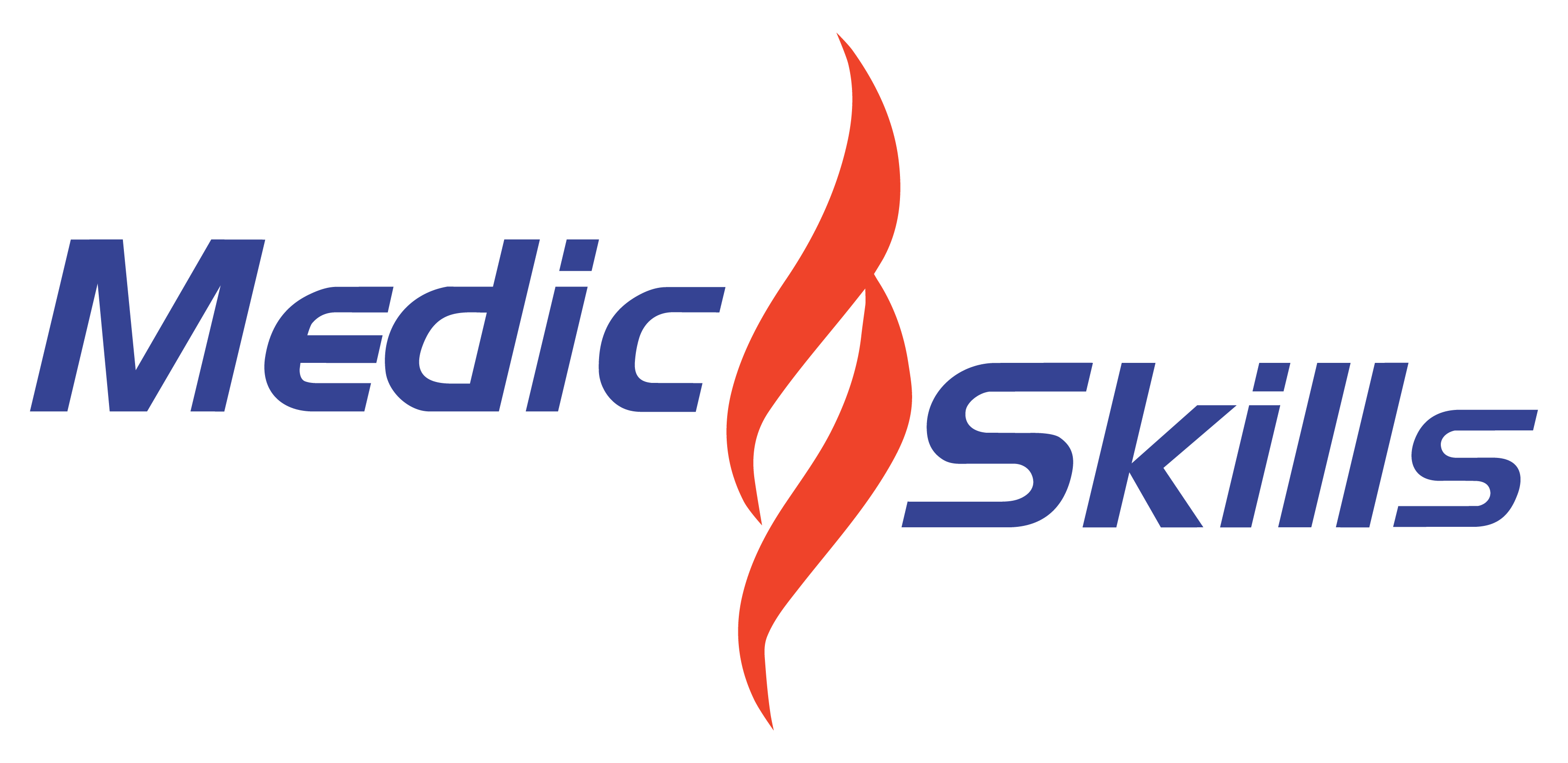
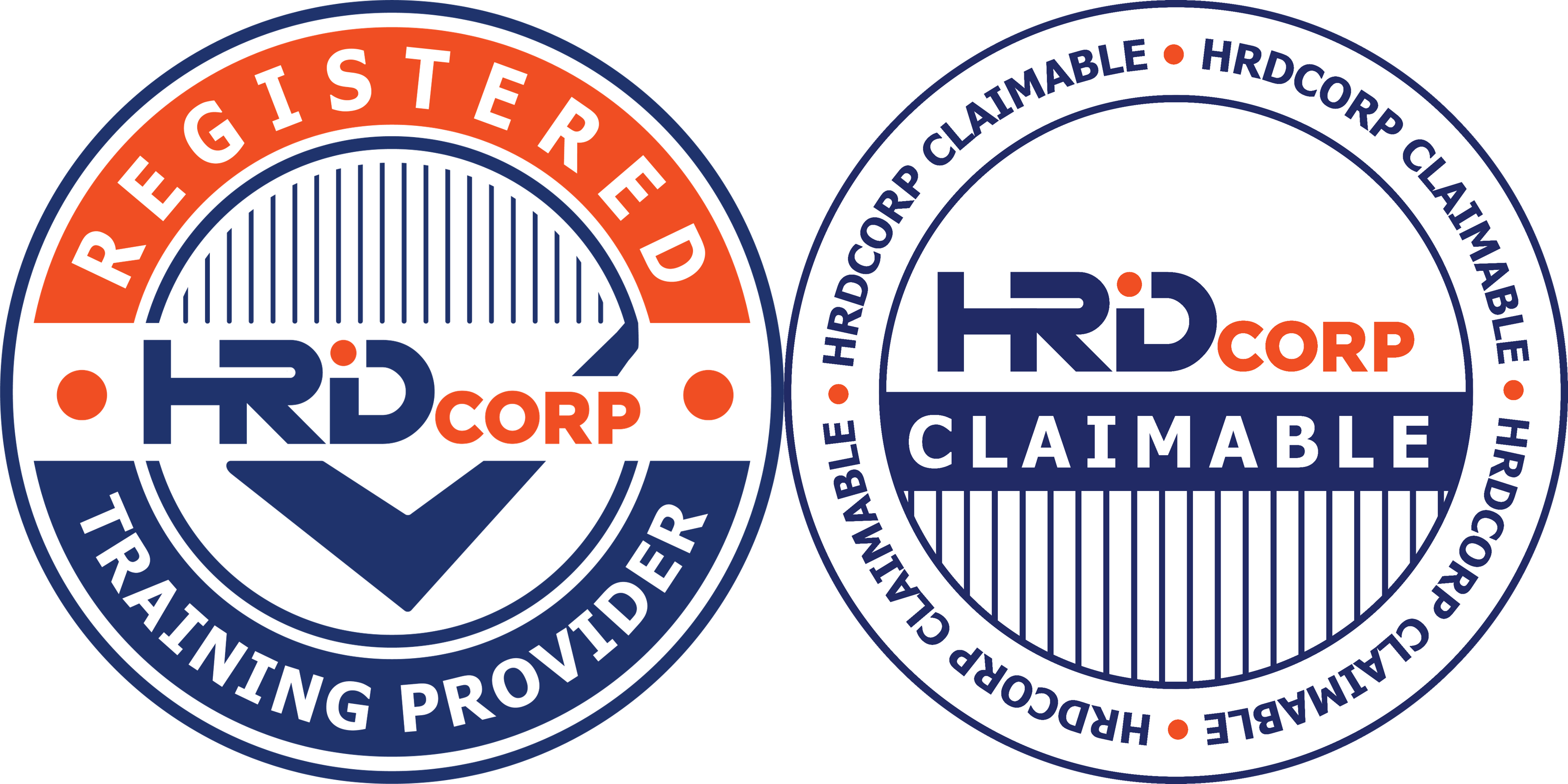
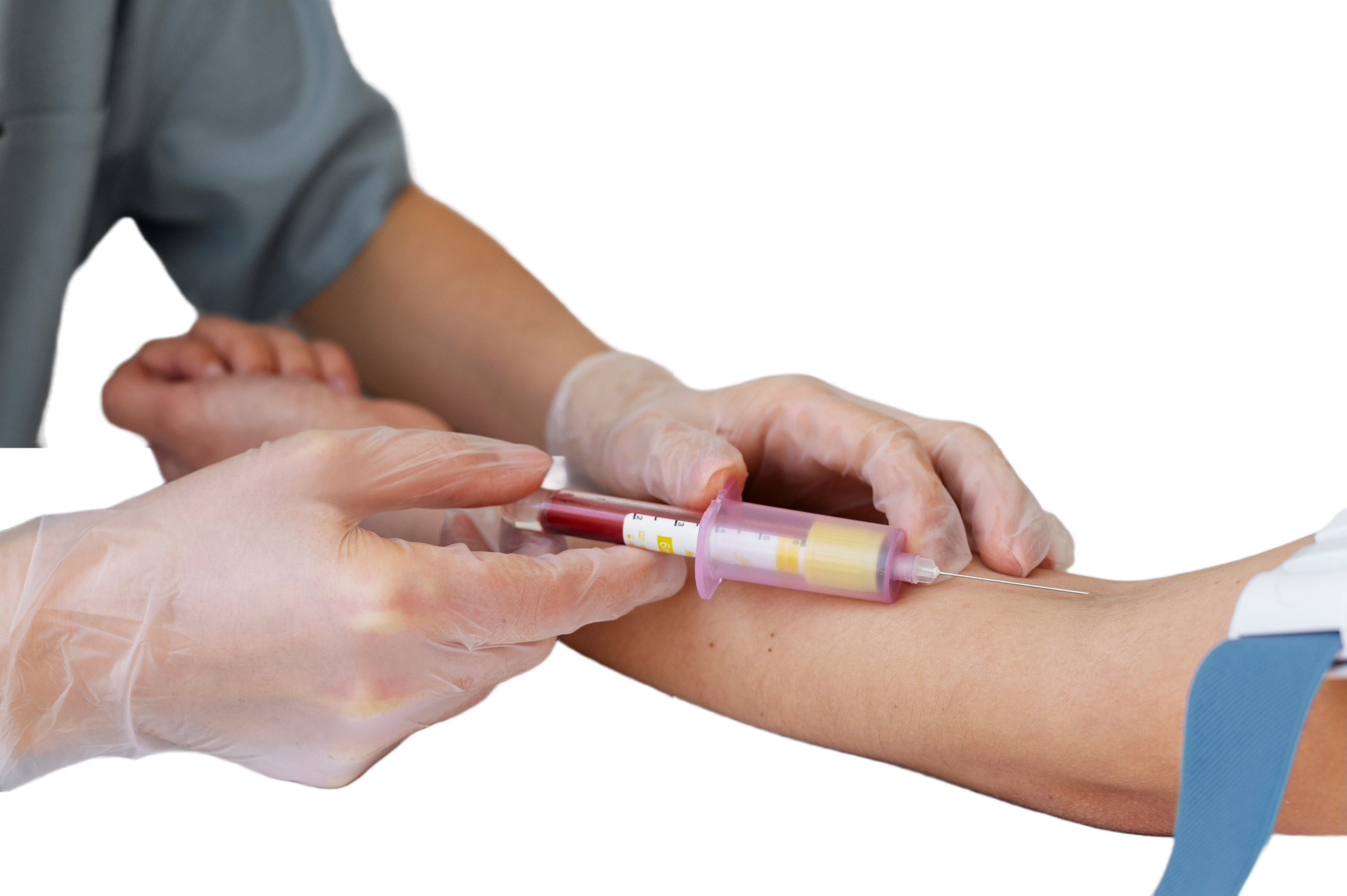
ACCELERATED
PHLEBOTOMY WORKSHOP
Master the Art of Venepuncture!
PANEL OF INSTRUCTORS

Mdm. Harvinder Kaur Lakhbeer Singh
Senior Medical Laboratory Technologist (MLT 0008)
Certified Phlebotomist

Dr. Sukhbinder Singh Jugh Singh
Medical Doctor (MMC No. 91075)
More INFO
I want to know more.....
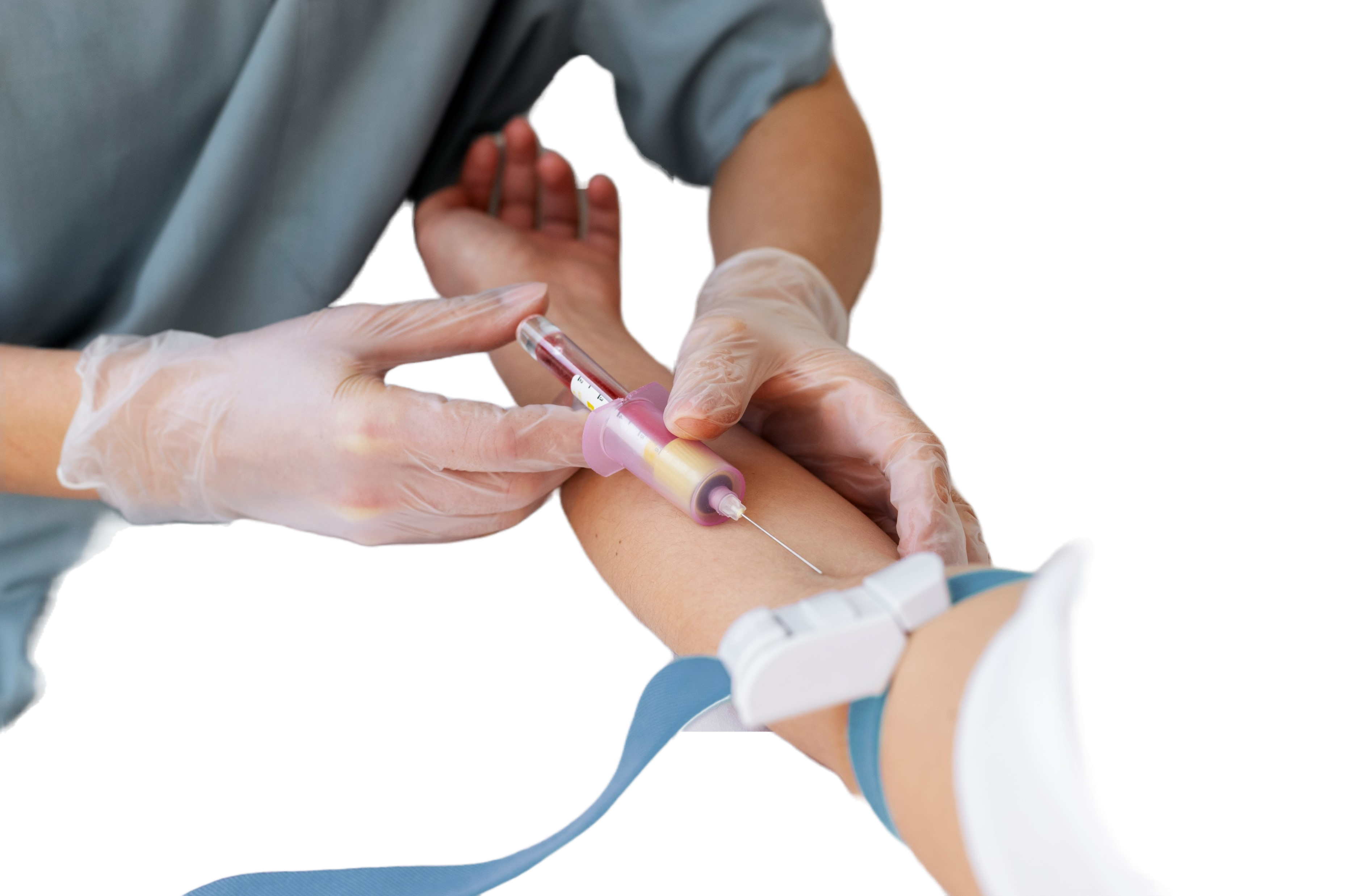
What is "Phlebotomy"?
Phlebotomy is the medical practice of drawing blood from patients for various purposes, including diagnostic testing, blood transfusion, research or donations. The word "phlebotomy" originates from the Greek words "phlebo" meaning vein, and "tomy" meaning to make an incision or cut.
What is the Phlebotomists' Role & Responsibility?
Phlebotomists, who are specially trained healthcare professionals, perform phlebotomy procedures. They are responsible for collecting blood samples while ensuring patient safety, comfort, and accurate sample collection.

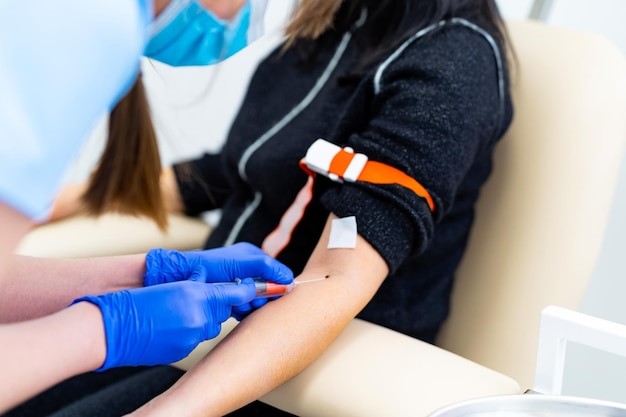
What are the Key Aspects of Performing Phlebotomy?
Phlebotomy is a crucial step in the diagnosis, treatment, and monitoring of various medical conditions. It requires technical skills, knowledge of proper procedures, and a focus on patient comfort and safety.
program highlight
Upon completion of this course, you will...
Our unique ONE (1)-day Accelerated Phlebotomy training workshop provides participants with a comprehensive understanding of phlebotomy techniques and prepares them for a career in the field. Our training workshop combines lectures, discussions, ad hands-on practical sessions led by experienced healthcare practitioner.
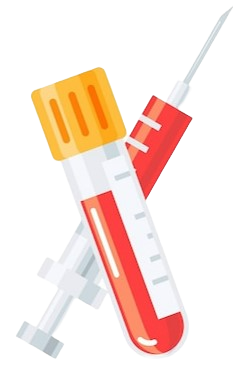
Technical Skills
Master venipuncture techniques, including site selection, needle insertion, and blood specimen collection, prioritizing patient comfort and safety.

Anatomy & Physiology
Acquire a comprehensive understanding of the circulatory system, including the structure and function of blood vessels, components of blood, and their relevance to phlebotomy procedures.

Communication Skills
Develop effective communication skills to compassionately and professionally interact with patients, explaining procedures, addressing concerns and obtaining consent.

Complications Management
Acquire the ability to recognize and manage potential complications, such as hematoma formation, nerve injury, or vasovagal reactions

Ethical & Legal Considerations
Demonstrate the knowledge of ethical guidelines, patient confidentiality, and legal requirements in phlebotomy practices, ensuring compliance, patient privacy and trust.

Clinical Competence
Application of knowledge and technical skills in a clinical simulation setting, gaining practical experience in blood draws, patient interaction, and teamwork.
